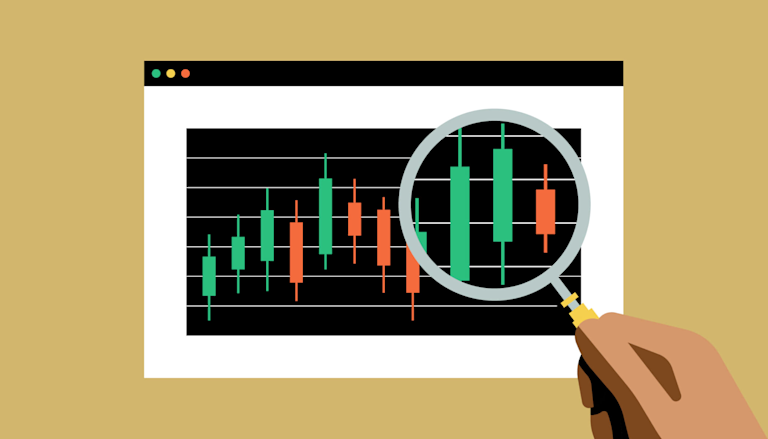
Understanding the Future of Trading Crypto Platforms
The rise of cryptocurrencies has revolutionized the financial landscape, and trading crypto platforms have become the gateways for millions of investors to enter the world of digital assets. As the popularity of cryptocurrencies continues to soar, the demand for robust and reliable trading platforms has never been higher. This article aims to delve into the intricacies of trading crypto platforms, providing insights on how to select the best one for your needs. Additionally, Trading Crypto Platforms click here to explore further resources on this topic.
What Are Trading Crypto Platforms?
Trading crypto platforms are online services that allow individuals or institutions to buy, sell, and trade cryptocurrencies. These platforms act as intermediaries, providing users with tools to execute trades, monitor market trends, and manage their assets. They often feature comprehensive charting and analytical tools that help traders make informed decisions based on market data.
Types of Trading Crypto Platforms
There are primarily three types of trading crypto platforms:
- Centralized Exchanges (CEX): These are the most common platforms where trades occur. They are managed by centralized organizations that handle user funds, provide liquidity, and ensure a smooth trading experience. Examples include Binance, Coinbase, and Kraken.
- Decentralized Exchanges (DEX): Unlike centralized exchanges, DEXs operate without a central authority and allow users to trade directly with one another using smart contracts. Platforms like Uniswap and SushiSwap are examples of decentralized exchanges that have gained popularity due to their user autonomy and reduced risk of hacks.
- Peer-to-Peer (P2P) Platforms: These platforms facilitate direct transactions between users without the need for an intermediary. P2P platforms like LocalBitcoins allow users to buy and sell cryptocurrencies using various payment methods, enhancing transaction flexibility.
Key Features to Consider
When choosing a trading crypto platform, several critical features come into play:
- User Interface: The platform should have an intuitive design that makes it easy to navigate and execute trades.
- Security Measures: Security is paramount in the crypto world. Look for platforms that offer two-factor authentication, cold storage for assets, and a good track record of dealing with security breaches.
- Variety of Cryptocurrencies: A diverse selection of cryptocurrencies allows users to explore various investment opportunities. Opt for platforms that offer a wide range of altcoins alongside established currencies like Bitcoin and Ethereum.
- Fees: Different platforms have varying fee structures, including trading fees, withdrawal fees, and deposit fees. Understanding these costs will help you determine the overall affordability of each platform.
- Customer Support: Reliable customer support is crucial for resolving issues that may arise during trading. Look for platforms with responsive customer service teams available through multiple channels.

Advantages of Using Trading Crypto Platforms
There are numerous advantages to utilizing trading crypto platforms:
- Accessibility: Most platforms allow users to trade from anywhere in the world, provided they have internet access. This enables traders to capitalize on market movements quickly.
- Liquidity: Established platforms often provide high liquidity, allowing traders to execute orders without significant price deviations.
- Tools and Analytics: Many platforms offer advanced tools for trading, including market depth charts, order books, and indicators that facilitate informed decision-making.
- Order Types: Various order types (market orders, limit orders, stop orders) enable traders to customize their trading strategies effectively.
Risks Involved in Trading Crypto Platforms
While trading platforms offer numerous benefits, they also come with their inherent risks:
- Market Volatility: Cryptocurrencies are known for their price volatility, which can result in significant gains or losses within short periods.
- Security Risks: Even with robust security measures, centralized exchanges are often targets for hacking and scams. Users should take precautions to safeguard their assets.
- Regulatory Challenges: The regulatory landscape for cryptocurrencies is continually evolving, which can impact the availability and operation of trading platforms.
The Future of Trading Crypto Platforms
As technology advances, the future of trading crypto platforms looks promising. Innovations such as blockchain interoperability, enhanced security protocols, and AI-driven analytics are expected to shape the evolution of these platforms. Additionally, the integration of traditional finance with decentralized finance (DeFi) is likely to lead to new trading opportunities and experiences for users.
Conclusion
Choosing the right trading crypto platform is crucial for anyone looking to delve into the world of digital currencies. By understanding the types of platforms available, their features, advantages, and associated risks, traders can make informed decisions tailored to their individual needs and trading styles. As the industry continues to grow and evolve, staying informed about trends and developments will be essential for success in this dynamic marketplace.

